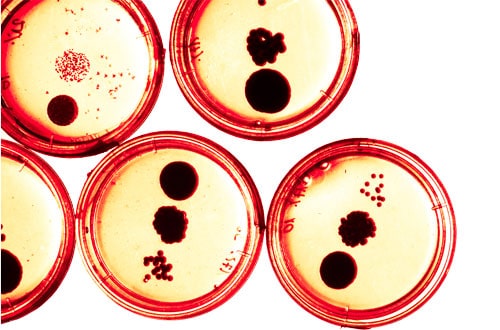
A new research institute at the University of Oxford has been established to fight against antimicrobial resistance (AMR).
The Ineos Oxford Institute (IOI) will be based between two sites in Oxford, linking the university’s Department of Chemistry and the Department of Zoology.
It will build on Oxford’s expertise and legacy in the field of AMR and antibiotic research and drug discovery – scientists at the university made progress in making concentrated penicillin after it was discovered by Alexander Fleming in the early 20th century.
The new institute has initially received funding from Ineos, a British chemical company, totalling £100m, which will enable research into the development of new drugs tackling AMR for animals and humans.
The institute will also aim to spread awareness of the responsible use of existing antibiotic medications. The IOI plans to partner with other global leaders in AMR research to achieve this goal.
Although the progression of antibacterial resistance is a natural process, it is being rapidly exacerbated by the overuse and misuse of antibiotics in humans and also in agriculture processes, Oxford University said in a statement.
The IOI will contribute to research on the type and extent of drug-resistant microbes globally, to gain a greater understanding of so-called ‘super-bugs’.
“This is a wonderfully generous gift for which we are very grateful. It is another example of a powerful partnership between public and private institutions to address global problems,” said Louise Richardson, vice chancellor of the University of Oxford.
“Oxford played a crucial role in the early development of antibiotics so it is only appropriate that we take the lead in developing a solution to antimicrobial resistance,” she added.
Last year, The International Federation of Pharmaceutical Manufacturers and Associations (IFPMA) raised nearly $1bn to support clinical research into new antibiotics in a bid to tackle growing antimicrobial resistance.
The AMR Action Fund was created to bring two to four new antibiotics to patients by 2030 – treatments that are urgently needed to address the rapid rise of antibiotic resistance, which is a part of the broader issue of antimicrobial resistance.
The launch of this new fund is the result of a collaboration among major pharmaceutical companies represented by the IFPMA, alongside the European Investment Bank (EIB), Wellcome Trust and the World Health Organization (WHO).
Approximately 1.5 million excess death are caused by AMR each year currently and could cause over ten million deaths per year by 2050, according to predictions.
“[AMR] is arguably the greatest economic and healthcare challenge facing the world post-COVID-19,” Oxford University added in a statement.




